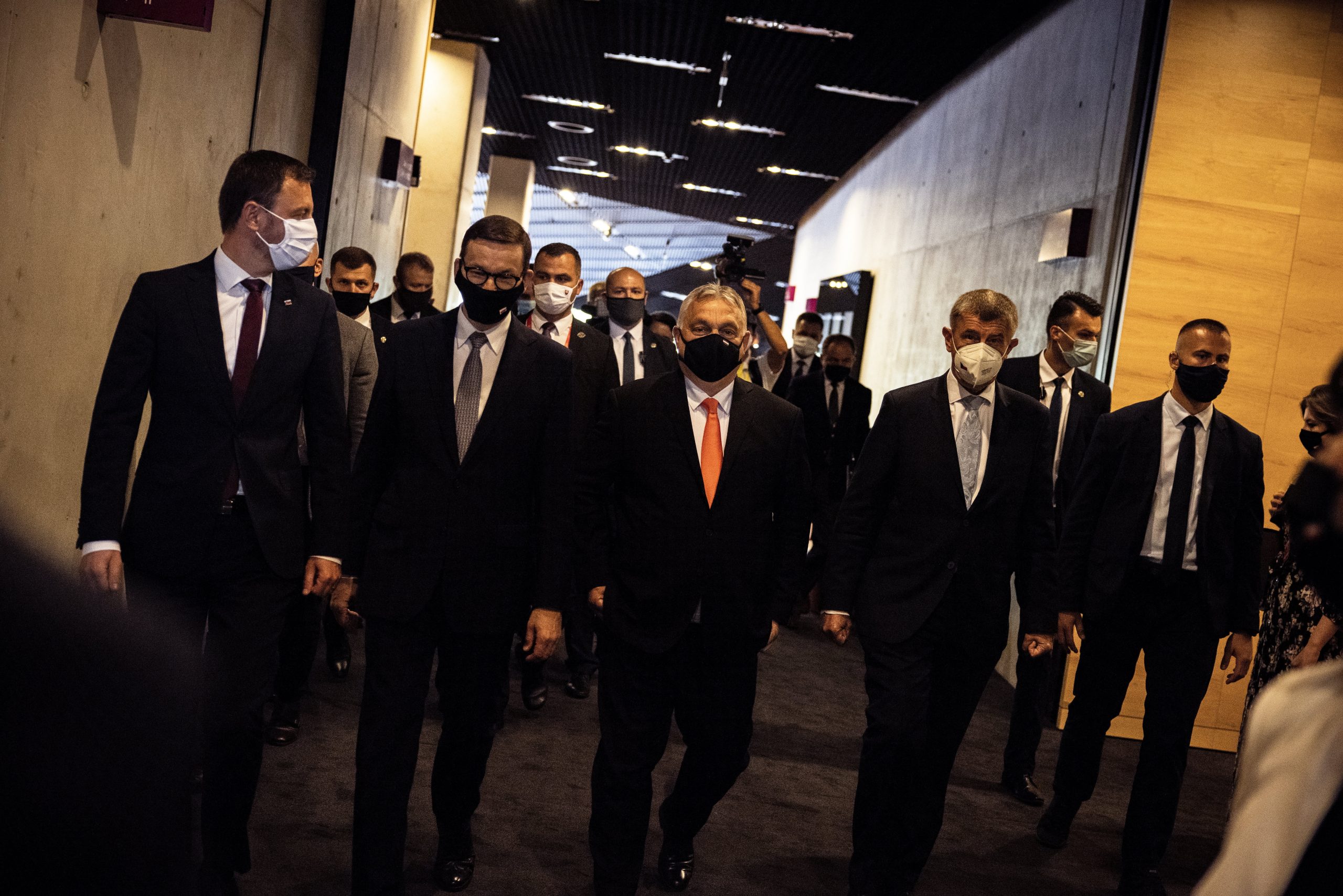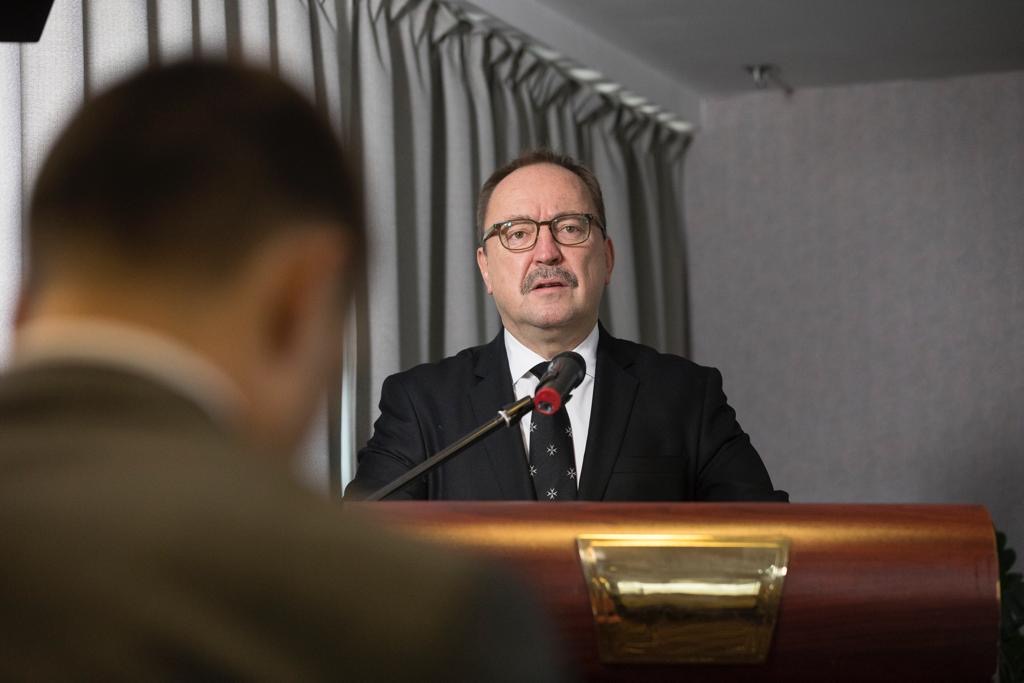
Hungary took over the Visegrad group's rotating presidency from Poland.Continue reading

In the forthcoming year, the actions of the Hungarian presidency of the Visegrad Group will be governed by the conviction that the member states — the Czech Republic, Hungary, Poland and Slovakia — have a vested interest in each other’s success, stability and prosperity, Zsolt Németh, head of parliament’s foreign affairs committee, told MTI on Saturday.
Earlier in the day, Németh, along with Martin Klus, state secretary at the Slovak Foreign Ministry, and József Berényi, Slovakia’s former state secretary of foreign affairs, held a forum on relations between the V4 presidency, central Europe and the European Union at a student camp of Slovakia’s ethnic Hungarian community in Gombasek (Gombaszög).
The contributors agreed on the need to strengthen central Europe, especially through infrastructure development projects, economic cooperation and trade, Németh said.
They termed the voluntary nature of Visegrad cooperation as an asset, enabling the member countries to cooperate just in the fields of shared interests, he said.
It is another common feature that the Visegrad countries highly value freedom and reject external pressure, Németh said, referring to recent “moves by the European Union which can be seen as a kind of external pressure”.
The single issue of disagreement was dual citizenship as the Hungarian government insists on granting Hungarian citizenship to ethnic Hungarians in Slovakia, he said.
The incumbent Slovak state secretary, Németh said, was open to further consultations, stressed the need to amend the relevant law, and expressed hope that “the issue would be settled in a reassuring way” once the Hungarian community would once again be represented in the Slovak parliament.
Featured photo via Zsolt Németh’s Facebook page/MTI